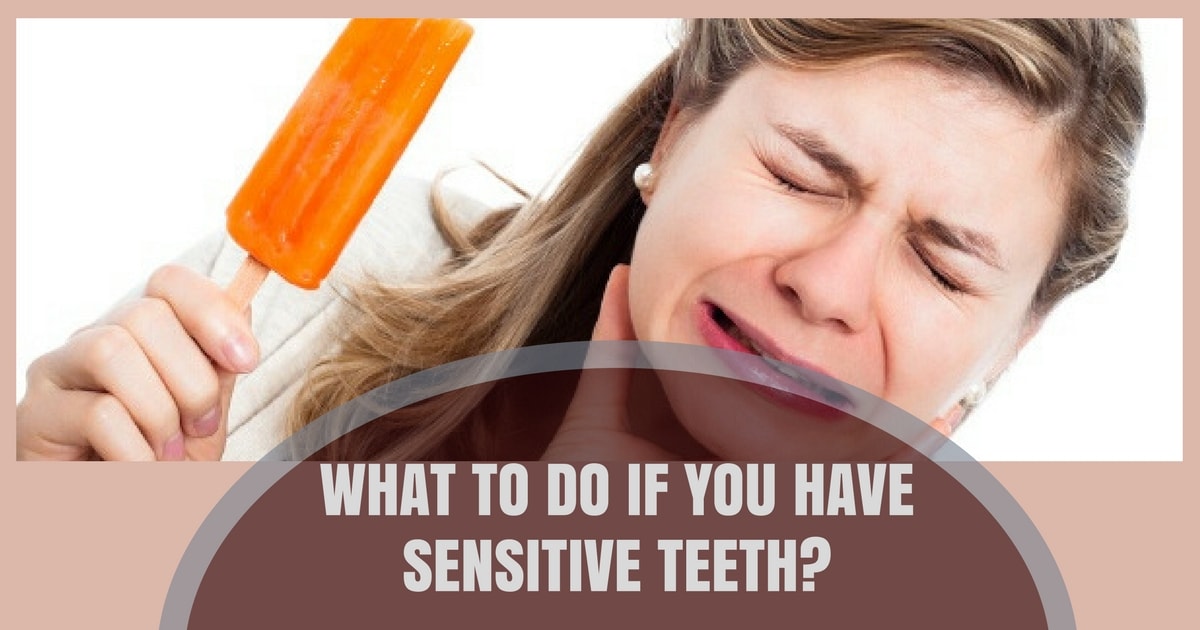Tooth sensitivity is an issue that affects many of us. People with tooth sensitivity neither prefer cold food nor hot food. An ice cream lover cannot relish it anymore. In the same length, someone who loves hot soup cannot savor it anymore. Cold and hot food simply hurts their teeth. So what to do if you have sensitive teeth?
Why do Teeth become Sensitive in the first place?
Your teeth can become sensitive for any one of the following reasons.
- If the gum has suffered recession. This can cause the cementum (hard mineralized dental tissue that covers the root of the teeth) to get exposed
- Periodontal diseases (gum diseases)
- If the tooth has decayed beyond a point
- If the tooth has fractured or cracked or chipped exposing the inner parts
- If the cementum (hard mineralized dental tissue that covers the root of the teeth) is exposed
- If the enamel layer has worn out to expose the dentin.
In all the above scenarios the nerves and blood vessels that supply the teeth get exposed. So when hot or cold food comes in direct contact with the nerves and blood vessels, it hurts.
The first logical step is to find out why you are having sensitive teeth. A sitting with your dentist should suffice to find out the exact reason why your teeth have sensitivity. Sometimes the sensitivity can be because of more than one reason too.
Specific Measures to take if you have Sensitive Teeth
- If your sensitivity is because of enamel wearing off due to teeth grinding, you can opt for wearing a mouth guard.
- If you have decay, gum diseases and gum recession treat them by visiting your dentist and work on getting a solution.
- Fluoride varnish, and pit and fissure sealants can help arrest tooth decay
- If the roots are exposed because of periodontal diseases or because of the loss of cementum, they might be covered using gum grafts.
- If the teeth are chipped or fractured or cracked, wearing a dental crown can help arrest teeth sensitivity.
General Measures to take if you have Sensitive Teeth
- Just swap your tooth brush more frequently for a change. Do not use hard-bristled tooth brush if you are using one. Switch over permanently to soft-bristled tooth brush.
- Do not brush hard. Be gentle with your teeth and adopt proper brushing technique.
- Avoid foods that are acidic in nature. Food like colas and fizzy beverages, lime and lemony drinks, processed foods, food high in sugar, are some of the foods that are high in acid.
- You can avoid teeth whitening for few months until your sensitivity subsides. Your dentist should be able to guide you perfectly on this thing.




